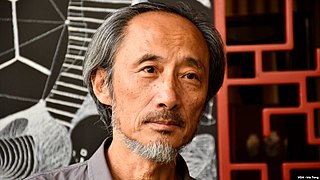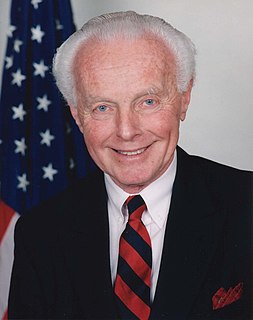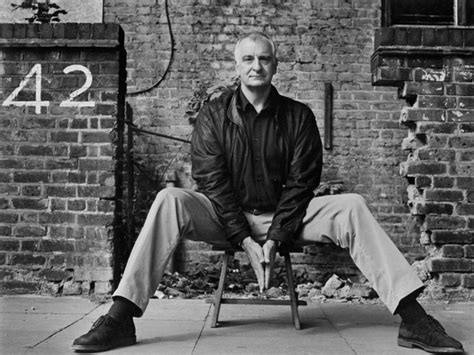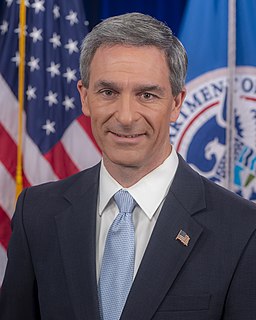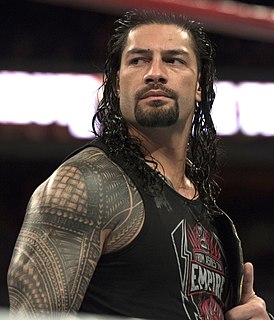A Quote by Ma Jian
The Chinese people have been forced to forget the Tiananmen massacre. There has been no public debate about the event, no official apology. The media aren't allowed to mention it. Still today people are being persecuted and imprisoned for disseminating information about it.
Related Quotes
There is a real hunger for information about Obama and a sense that information is not being covered or, in some cases, even being withheld. There is a sense that there are elements of the media that are protective of Obama, that they would rather block a story that is embarassing about Obama than let the American public decide.
Let me say something at the outset. The questions that have been asked so far in this debate illustrate why the American people don't trust the media. This is not a cage match. And, you look at the questions - "Donald Trump, are you a comic-book villain?" "Ben Carson, can you do math?" "John Kasich, will you insult two people over here?" "Marco Rubio, why don't you resign?" "Jeb Bush, why have your numbers fallen?" How about talking about the substantive issues the people care about?
I always felt, and I still feel, that the media doesn't belong in a public official's private life. It's a very difficult balance, because if you are elected to public office, people have a right to know a great deal about you, and the press has an absolute obligation to report all of that. But the reality is that there are times in which the reporting is really happening for almost voyeuristic reasons, in the gossip columns. Maybe half of it is wrong, and half of it is correct, and a lot of it is exaggerated. You've just got to get used to that if you're in public life.
Scientists blame the audience for being too stupid, shallow, or lazy to understand. There has been a fascinating debate in the blogosphere lately about communicating science to the public, and it's clear that most scientists just don't get it. They can't be bothered to talk to real people. Nobody will care about your issues if the price they have to pay is listening to a long lecture from Morton the science bug.
